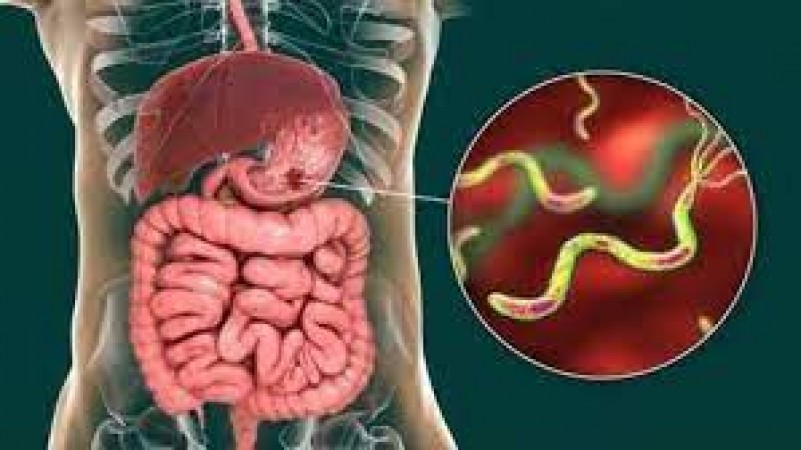
Stomach ulcers, also known as gastric ulcers, are painful sores that develop in the lining of the stomach or the upper part of the small intestine. While they can be caused by various factors, certain mistakes in lifestyle and diet can significantly increase the risk of developing stomach ulcers. Let's delve into these potential culprits:
Skipping meals or going for long periods without eating can lead to excess stomach acid production, which can irritate the stomach lining and increase the risk of ulcers.
Excessive alcohol consumption can erode the stomach lining, making it more susceptible to damage from stomach acid. It also increases stomach acid production, further exacerbating the risk of ulcers.
Smoking weakens the protective lining of the stomach and increases stomach acid production, making it easier for ulcers to develop and more difficult for existing ulcers to heal.
NSAIDs like aspirin, ibuprofen, and naproxen can irritate the stomach lining and increase the risk of ulcers, especially when used frequently or in high doses.
Chronic stress can weaken the body's ability to defend against stomach acid, making the stomach more susceptible to ulcers. Finding healthy ways to manage stress is crucial for preventing ulcer formation.
Helicobacter pylori (H. pylori) is a bacterium that can cause stomach ulcers. Ignoring symptoms like persistent stomach pain, bloating, nausea, and vomiting without seeking medical attention can allow H. pylori infection to persist and lead to ulcers.
While spicy or acidic foods themselves don't directly cause ulcers, they can exacerbate symptoms in individuals with existing ulcers or increase stomach acid production, potentially worsening ulcer symptoms.
Poor sleep habits can weaken the immune system and increase inflammation in the body, which may impair the healing process of existing ulcers or make the stomach more susceptible to new ulcers.
A family history of stomach ulcers or related conditions can indicate a genetic predisposition to developing ulcers. Ignoring this history may lead to a lack of preventative measures and increased risk of ulcer formation.
Regular medical check-ups allow healthcare providers to assess individual risk factors, screen for conditions like H. pylori infection, and provide guidance on lifestyle modifications to reduce the risk of stomach ulcers. By avoiding these mistakes and adopting a healthy lifestyle, individuals can significantly lower their risk of developing stomach ulcers and maintain optimal digestive health.
Today the people of this zodiac will be happy with married life, know your horoscope
People of this zodiac can be busy in homework today, know your horoscope